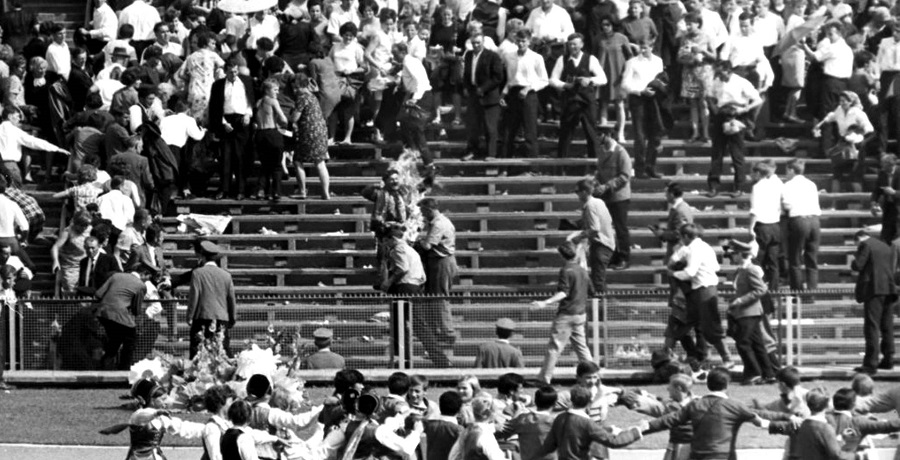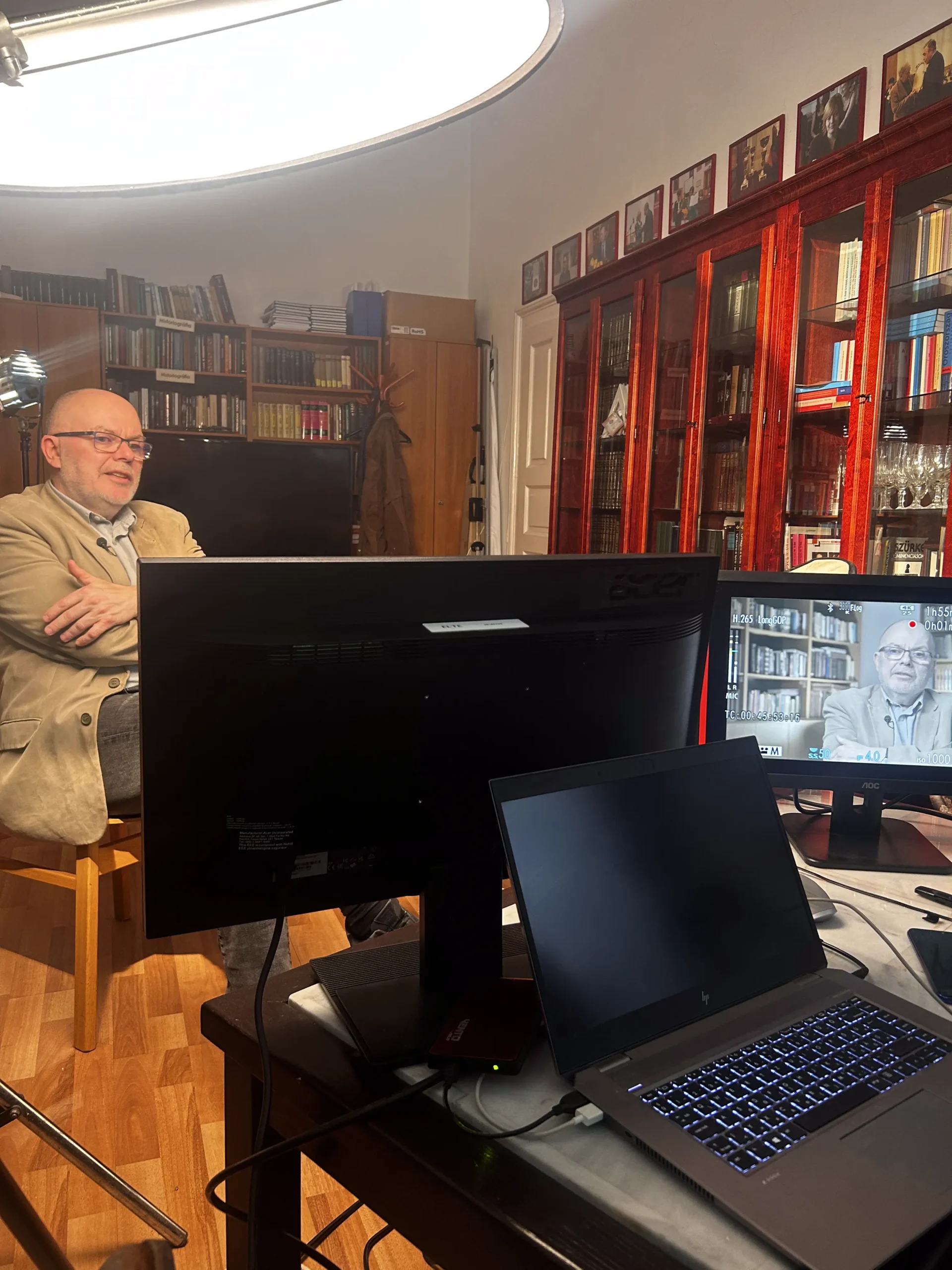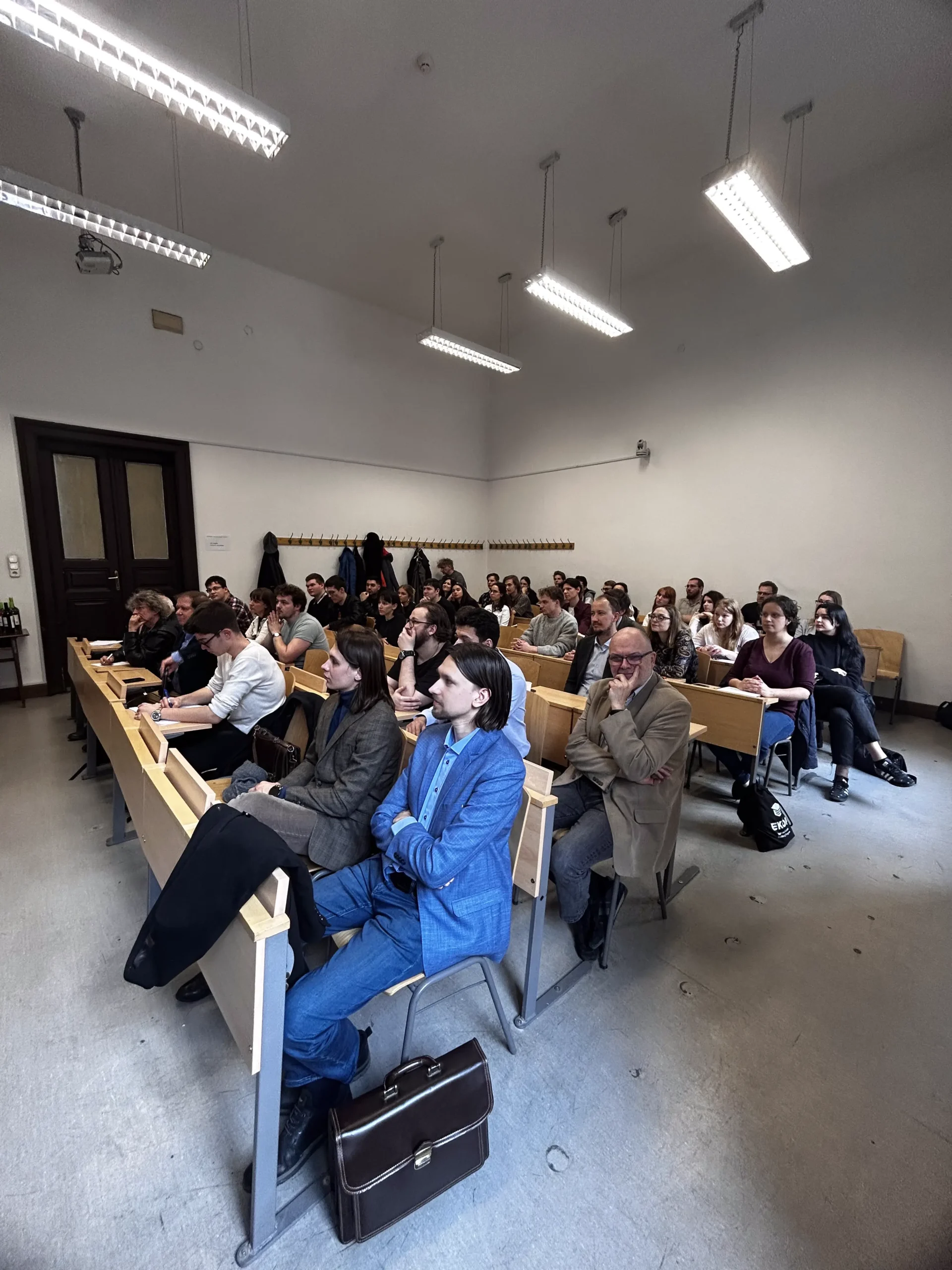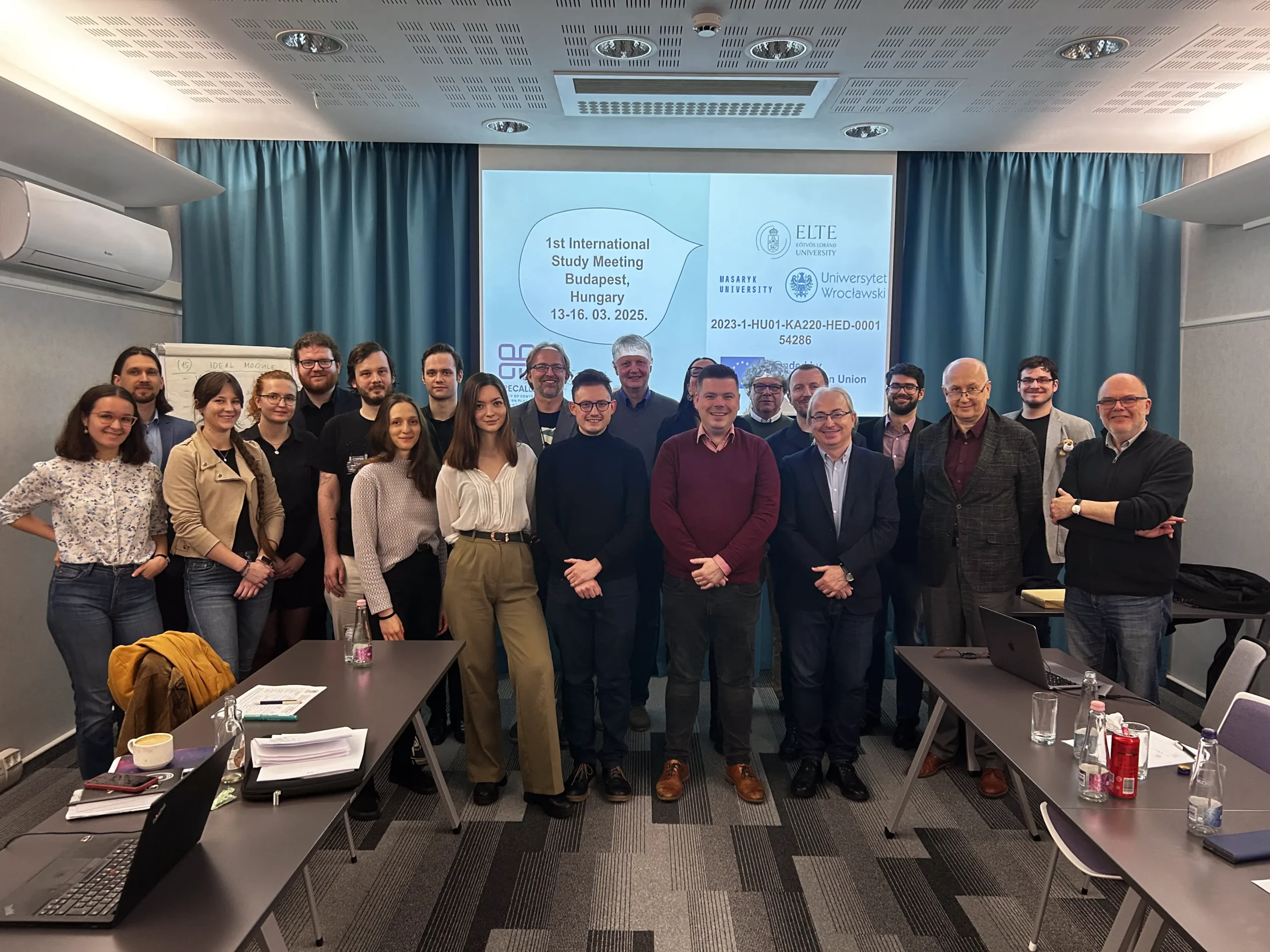Self imolations – Jan Palach, Sándor Bauer and Ryszard Siwiec – Warsaw, Ryszard Siwiec Memorial
Fact of the Polish figure „The Round Table – 1989”
Part of the „Dreaming about the democracy” topic
Self-immolation, the act of setting oneself on fire, is one of the most extreme forms of protest, underlining profound desperation or commitment to a cause. But why would someone choose such a drastic measure? This form of protest gained international attention during the 20th century, used by individuals hoping to bring change or draw attention to critical issues.
In Poland, Ryszard Siwiec set himself on fire in September 1968 during a mass event at the 10th-Anniversary Stadium in Warsaw, protesting against the Warsaw Pact invasion of Czechoslovakia, that crushed the Prague Spring, a series of actions aimed at introducing political and civil reforms to the communist regime. Siwiec’s tragic demise was one of the first self-immolations in the Eastern Bloc, and although it did not garner immediate attention due to media censorship, it remains a reminder of individual protest against overwhelming state power.
Jan Palach, a Czech student, became a symbol of resistance when he set himself on fire on 19th January 1969 in Prague’s Wenceslas Square. He also sacrificed himself to protest against the Soviet-led invasion against the Prague Spring. Palach hoped his dramatic self-sacrifice would rouse the public from apathy, igniting broader resistance against the oppressors.
Similarly, in Hungary, Sándor Bauer, inspired by Palach, self-immolated on 23rd January the same year, at the age of 17. His protest was against the same Soviet influence that oppressed not only Czechoslovakia but also other countries in Eastern Europe, especially Hungary. Bauer’s act, while less known than Palach’s, echoed the same despair and outcry against totalitarian control.
These acts of self-immolation are united by a common thread—the protestors’ ultimate sacrifice in the hope of awakening a sense of injustice and spurring change within oppressive regimes. Their actions, marked by personal tragedy, underline the extreme measures to which individuals will go in the face of political and social despair.





